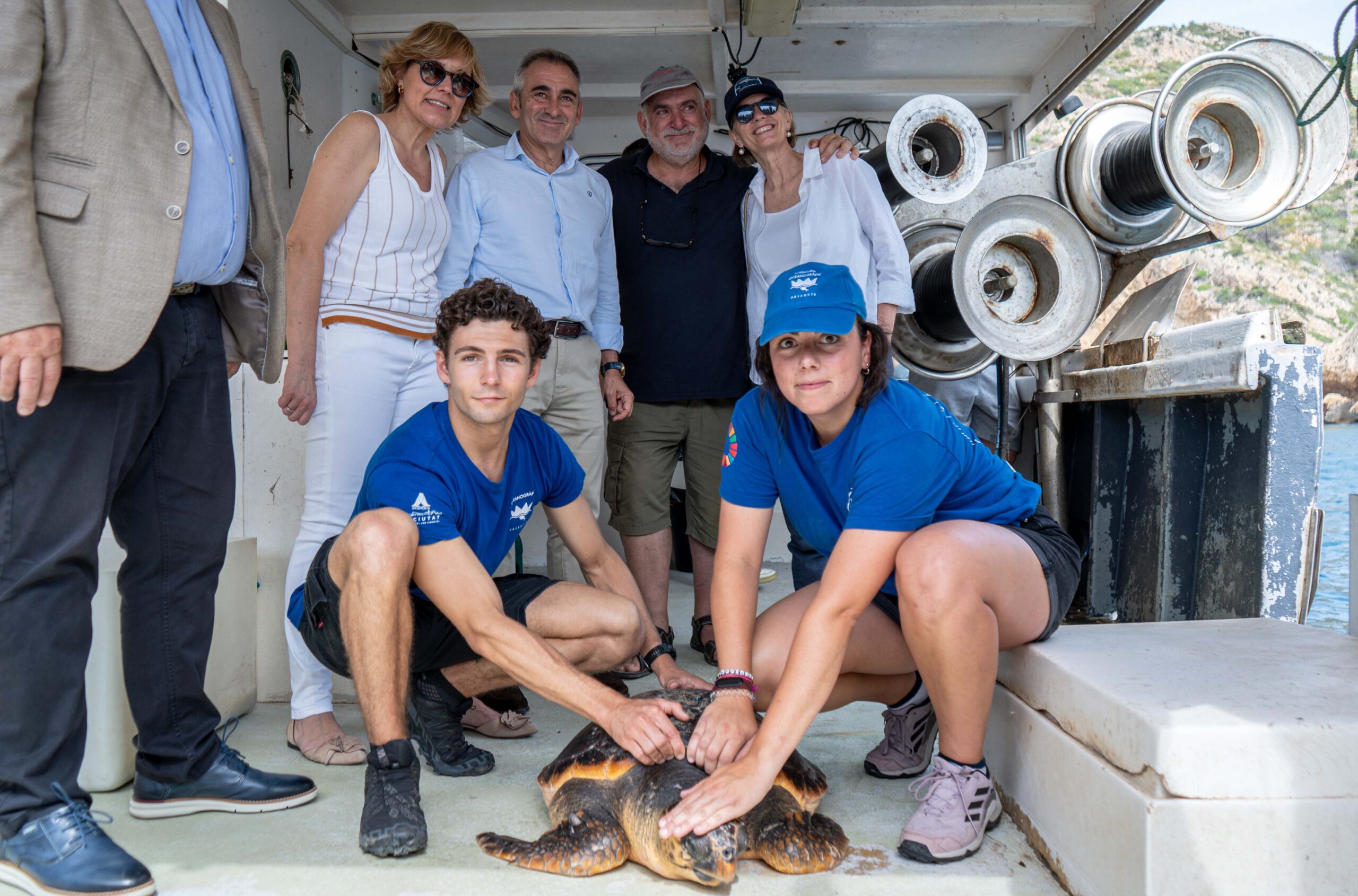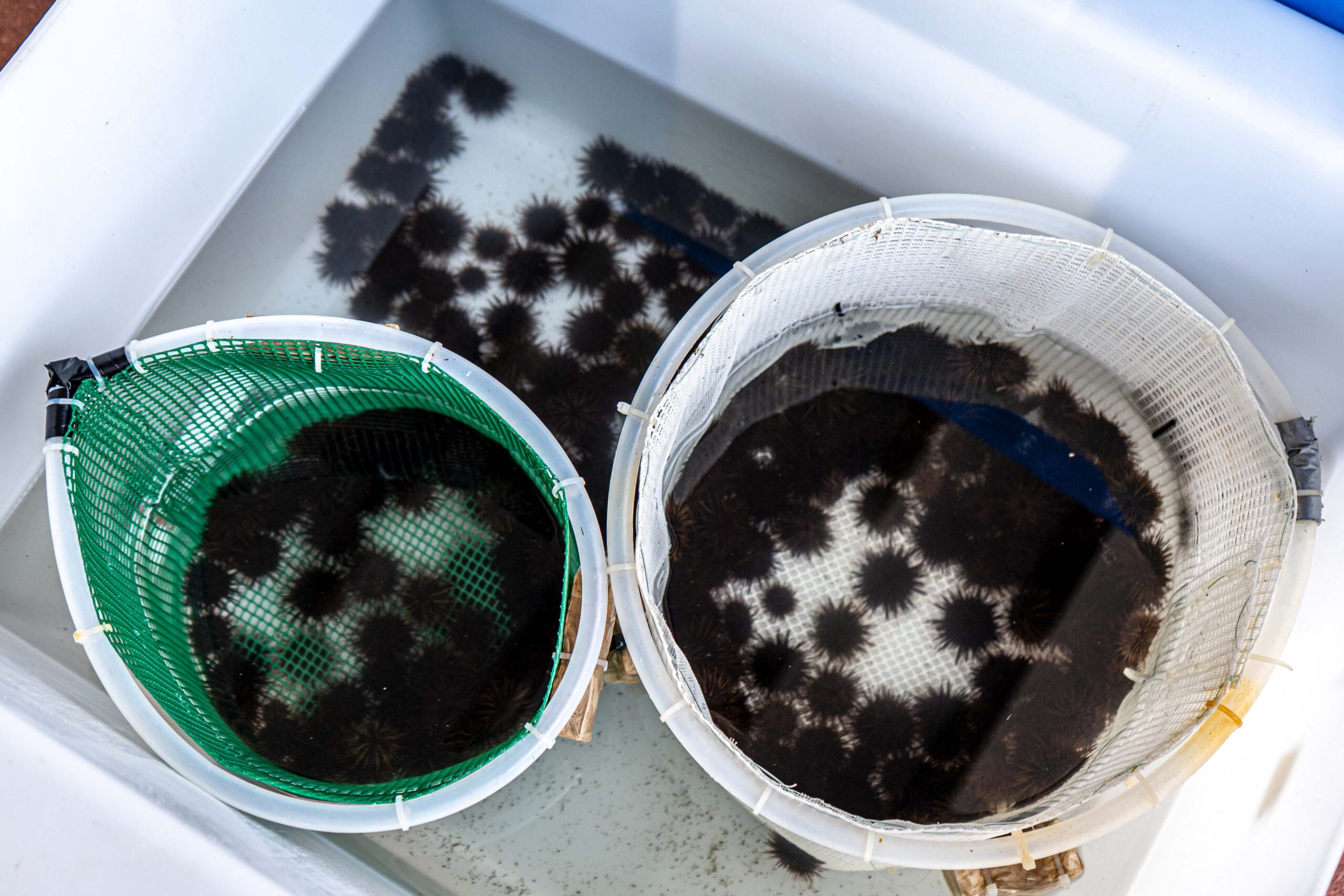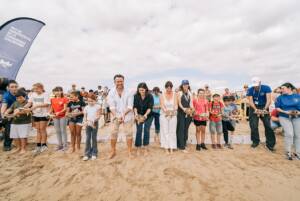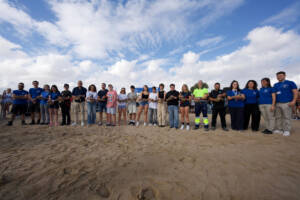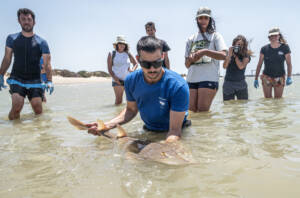Agriculture and the Oceanogràfic Foundation Promote the Recovery of Sea Urchins and Seahorses
16 de June de 2025
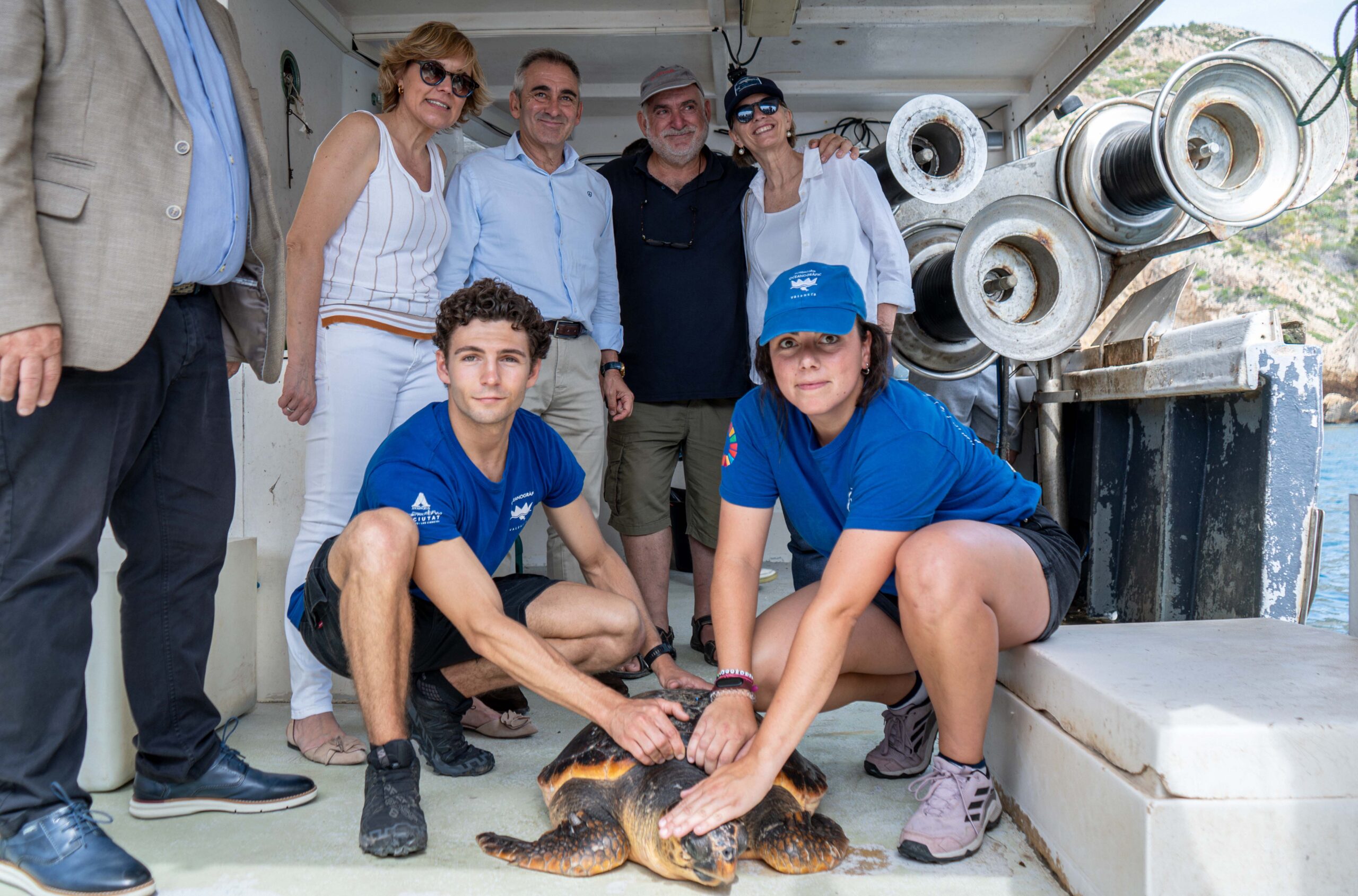
- This project seeks to contribute to the improvement of the marine environment in light of the decline of some of its populations in the Valencian Community
- 321 sea urchins and 9 seahorses raised at the Oceanogràfic have been released
- Barrachina reiterates the defense of the fishing sector before the European Union and the Government of Spain
The Department of Agriculture, Water, Livestock and Fisheries, through the Directorate General of Fisheries and the Oceanogràfic Foundation, are developing a pilot project focused on the reproduction, breeding and reintroduction of sea urchins on the coast of the Valencian Community, with the aim of reinforcing the populations of this species.
The Minister of Agriculture, Miguel Barrachina, has stated that “with this project, the Department, together with the Oceanogràfic Foundation, reaffirms its commitment to the conservation of the marine environment.”
“Initiatives like this allow us to advance in the recovery of sea urchin populations in the Valencian Community, guaranteeing the sustainability of our coastal ecosystems and working hand in hand with the fishing sector and the scientific community,” the Minister highlighted.
Miguel Barrachina made these statements during his visit to the Port of Xàbia, where he participated, together with the Director of Fisheries, Miguel Castell, the mayor of the town, Rosa Cardona, the director of the Oceanogràfic Foundation, Leocadia García-Bartual, and the head of the fishermen’s association of Xàbia, Rafael Serrat, in the release of 321 sea urchins and 9 seahorses. In addition, he supervised the release of a sea turtle that had been accidentally captured by fishermen and subsequently recovered in the Oceanogràfic facilities.
This is a pilot project to which the fishermen’s associations of Xàbia and Dénia have joined, interested in collaborating in the fattening and subsequent release phases of these marine organisms, thus contributing to the conservation and recovery of the species.
The breeders are captured in the same areas where they will later be released. During the first stages of development, the larvae are raised in tanks and fed with microalgae cultivated in the Oceanogràfic de València facilities. As they grow, the small larvae descend to the bottom of the aquarium and begin their transformation. When they reach the appropriate size, the specimens can be returned to the sea.
Barrachina stressed that “the commitment and collaboration of the fishing sector are essential for the rescue of marine fauna and to facilitate the transfer of specimens to the Oceanogràfic de València recovery center.”
In addition, the Minister highlighted that “Mediterranean fishing, in addition to being an economic, tourist, cultural and gastronomic engine for our region, also plays a key role in the conservation of the marine environment. Last year alone, fishermen collected 150,000 tons of waste, mostly plastics, contributing directly to the cleaning and protection of the Mediterranean Sea.”

